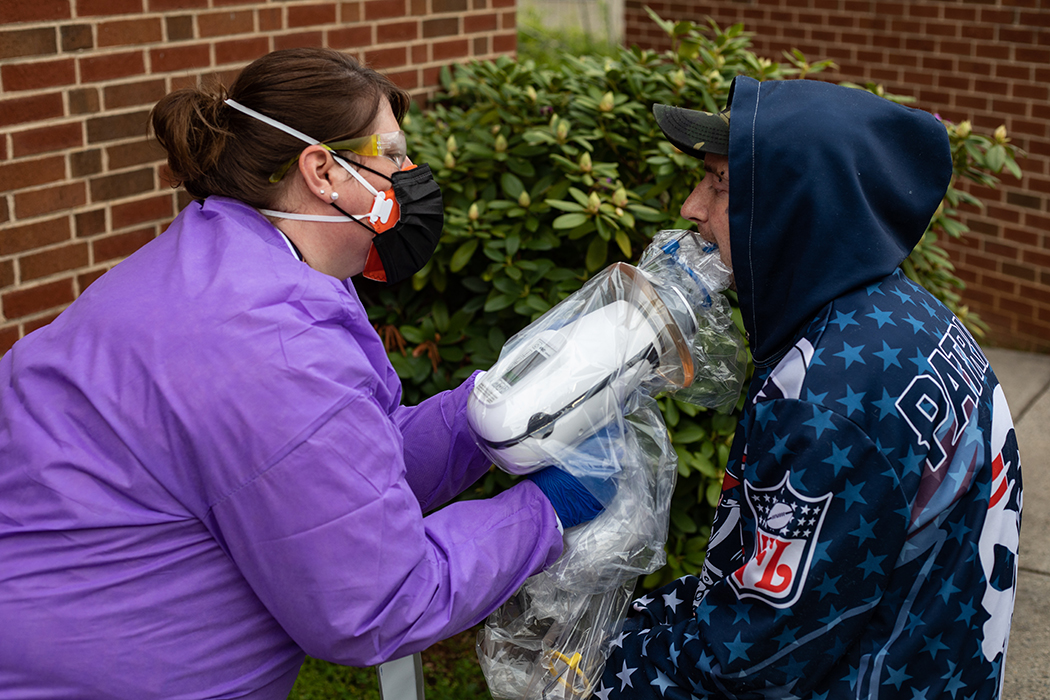Smile! On July 1, over 750,000 adult Virginians became eligible for dental coverage under the state’s expanded Medicaid dental plan. Previously, only children and pregnant Medicaid recipients were eligible for coverage.
“Oral health is an integral part of overall health, well-being, and quality of life,” said Governor Ralph Northam in a press release. “This historic expansion of services will ensure that adult Medicaid members across our Commonwealth have access to the quality dental care they deserve. I am proud of the bipartisan support and strong collaboration we have received from dentists and health care advocates that helped us reach this significant milestone.”
The expansion doesn’t solve Virginia’s dental problem overnight, however. “The recent expansion for adult dental is great, and it’s a step in the right direction,” says Susan Sherman, executive director of the Charlottesville Free Clinic, which provides health care to uninsured and underinsured area residents. “But the reality is that there aren’t a lot of dentists that are accepting Medicaid.”
Under the new plan, those 21 and over who are receiving full Medicaid and other state health benefits will also receive coverage for X-rays and examinations, cleanings, fillings, root canals, gum-related treatment, dentures, tooth extractions and other oral surgeries, and other appropriate general services such as anesthesia. Orthodontic care is not included in the plan.
The funding for dental coverage was passed by the state legislature as part of Virginia’s massive annual budget bill, which was signed into law by Northam in the spring. The dental plan builds on Virginia’s 2019 Medicaid expansion. In 2018, after Republicans nearly lost control of the House of Delegates, a handful of Republican state senators dropped their years-long opposition to Medicaid expansion, approving a bill that allowed hundreds of thousands access to health care.
“When we expanded Medicaid eligibility in 2019, our new members identified dental services as a top need,” said Department of Medical Assistance Services Director Karen Kimsey in a statement. “With more than 562,000 new members as a result of Medicaid expansion, we appreciate the support of Virginia dentists in helping us meet the tremendous need we know exists in our Commonwealth for oral health care.”
The Medicaid expansion doesn’t mean everyone in Virginia can immediately get the treatment they need. Sherman says that Medicaid reimbursement is pretty low, so there is not a huge incentive for private practice dentists to treat patients on Medicaid, and many don’t.
Additionally, some areas in Virginia, including Nelson and Buckingham counties, don’t have enough dentists, period. According to the Kaiser Family Foundation, Virginia has 97 dental health professional shortage areas—communities where there aren’t enough practicing dentists to support the population. Coverage expansion doesn’t matter if there aren’t any dentists around.
Because so few dentists accept Medicaid, says Sherman, the medical professionals at the Free Clinic in Charlottesville will still have their hands full treating patients. “There are a lot of people that aren’t going to be able to receive dental care anywhere else,” she says.
Sherman also warns of the “Medicaid churn.” Many people who go on Medicaid don’t stay on Medicaid because their employment status and income change often. Finding a steady provider can be difficult for people bouncing on and off Medicaid.
“Medicaid expansion is important, and it absolutely sends the right signal,” she says. “It puts money in policy where it needs to go, but the implementation is a challenge.”




